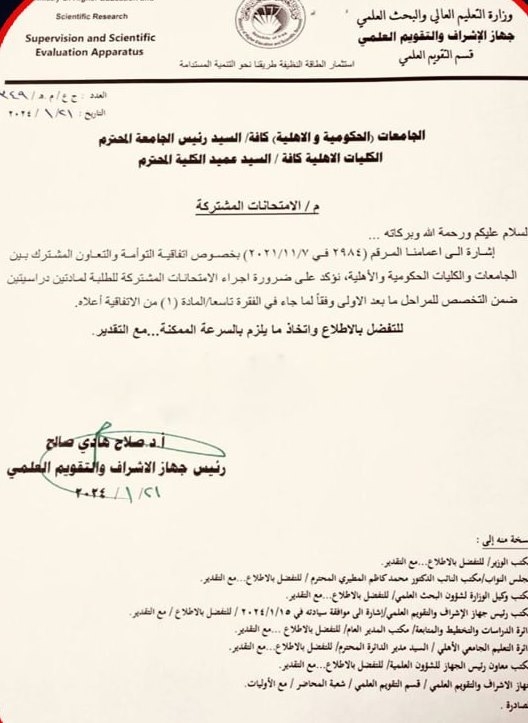انتقد عضو تحالف حسم، عبد الوهاب البيلاوي، رئيس البرلمان المقال محمد الحلبوسي واتهمه بمحاولة خلط الأوراق وتوتير الأوضاع الأمنية في الأنبار. وقد رأى البيلاوي أن حديث الحلبوسي حول الوضع الأمني قد يكون ناتجاً عن ارتباطاته الخارجية المشبوهة والتي تهدف إلى زعزعة الأمن الداخلي. وأضاف أن السلم الأمني متحقق في الأنبار ولا يحتاج إلى تدخل من شخصيات سياسية، حيث تقوم الأجهزة الأمنية والجهات المعنية بواجبها بشكل كامل.
وأشار البيلاوي إلى أن حديث الحلبوسي يعطي دلائل على وجود ارتباطات خارجية مشبوهة تهدف إلى التأثير على الوضع الأمني في الأنبار، مشيراً إلى أن هناك جهات مسؤولة تعمل بجد ليل نهار من أجل استقرار الأوضاع وضمان عدم حدوث أي خرق أمني. وأكد على أن حديث الحلبوسي لا يحمل أي مصداقية ويعتبر تدخلاً غير مقبول في الشؤون الأمنية للمحافظة.
وأثارت تصريحات البيلاوي جدلاً واسعاً في الأوساط السياسية والأمنية حيث رأى البعض أنها اتهامات خطيرة لشخصية سياسية رفيعة المستوى، بينما دعمها البعض الآخر ورأى فيها محاولة لتسليط الضوء على الأمان الداخلي في العراق.
Overall, the article discusses the criticism of the dismissed Iraqi parliament speaker, Mohammed al-Halbousi, by the member of the Al-Hikma Alliance, Abdul Wahab Al-Bayati, for attempting to mix the cards and stir up the security situation in Anbar. Al-Bayati believed that al-Halbousi’s talk about the security situation might be a result of his suspicious foreign connections aimed at undermining internal security. He also emphasized that the security situation in Anbar is being achieved without the need for political intervention, as the security forces and relevant authorities are fully carrying out their duties.
Al-Bayati pointed out that al-Halbousi’s statements indicate suspicious foreign connections aimed at influencing the security situation in Anbar, stating that responsible authorities are working tirelessly around the clock to stabilize the situation and prevent any security breaches. He stressed that al-Halbousi’s statements lack credibility and constitute an unacceptable interference in the security affairs of the province. The article sparked widespread debate in the political and security circles, with some seeing it as serious accusations against a high-ranking political figure, while others supported it as an attempt to shed light on internal security in Iraq.









